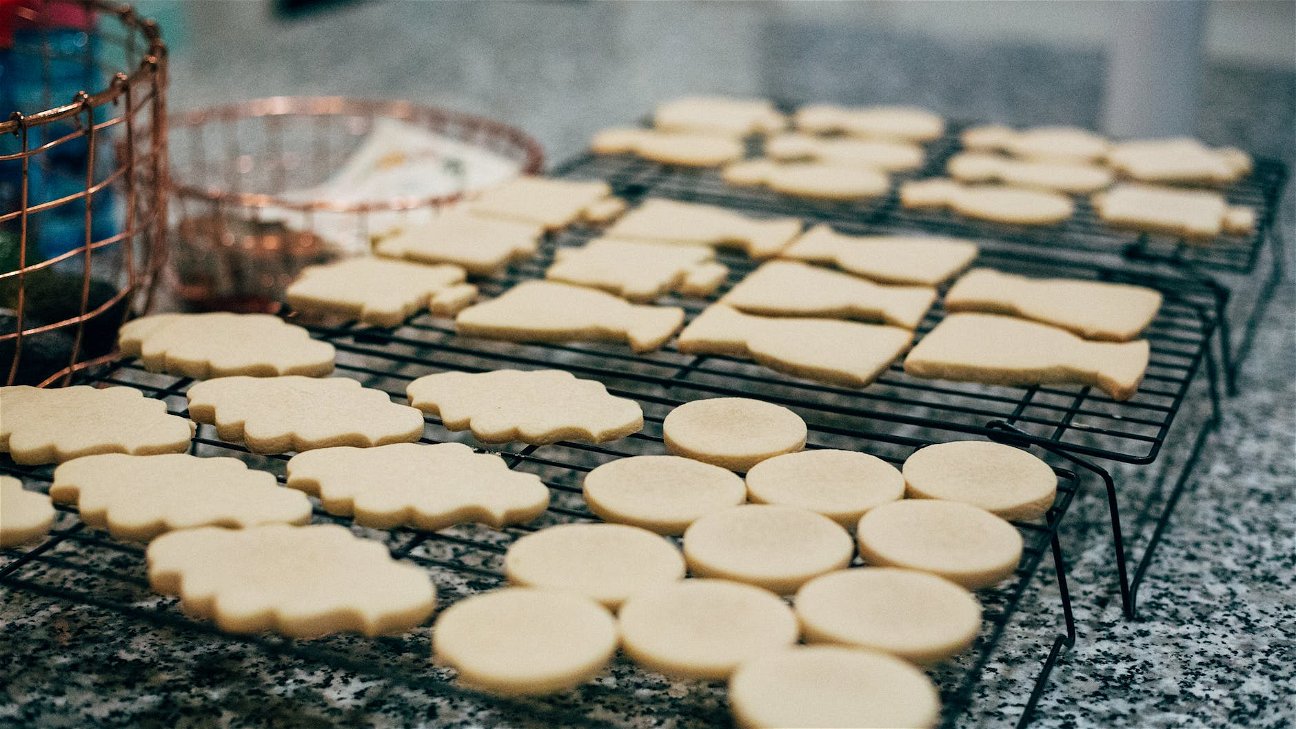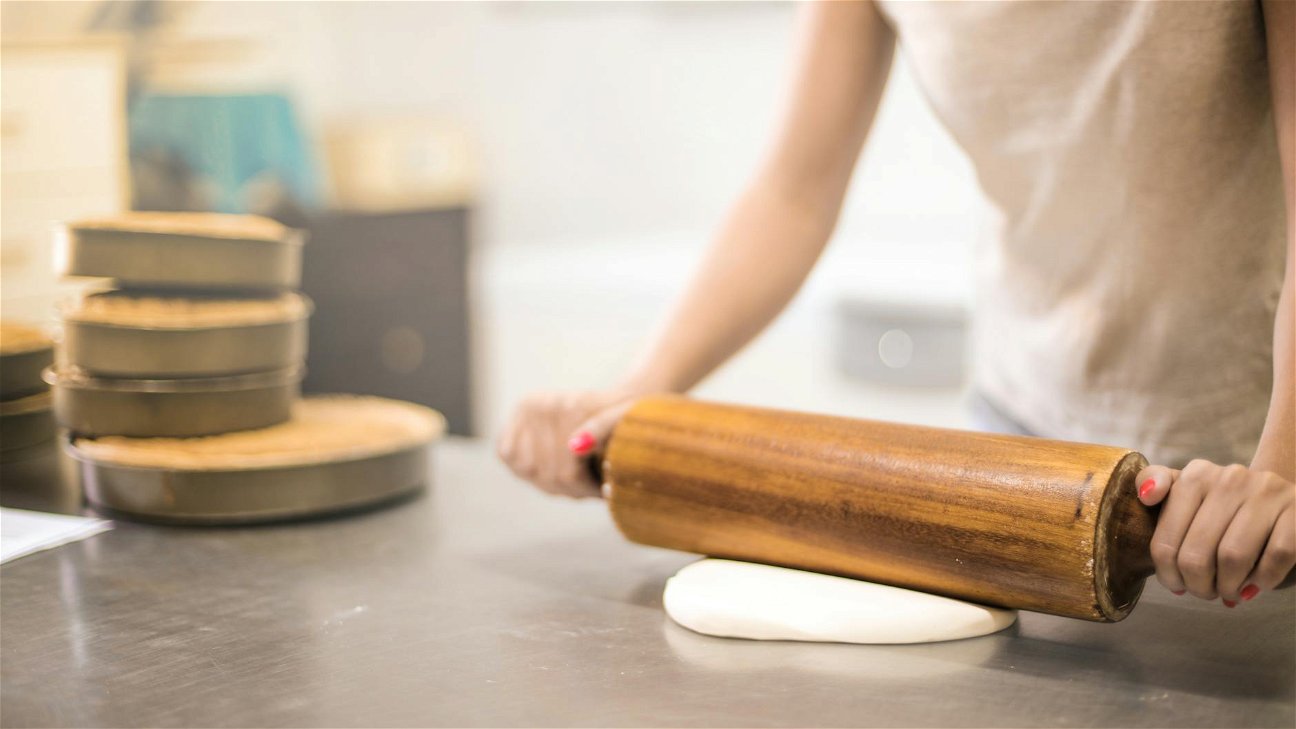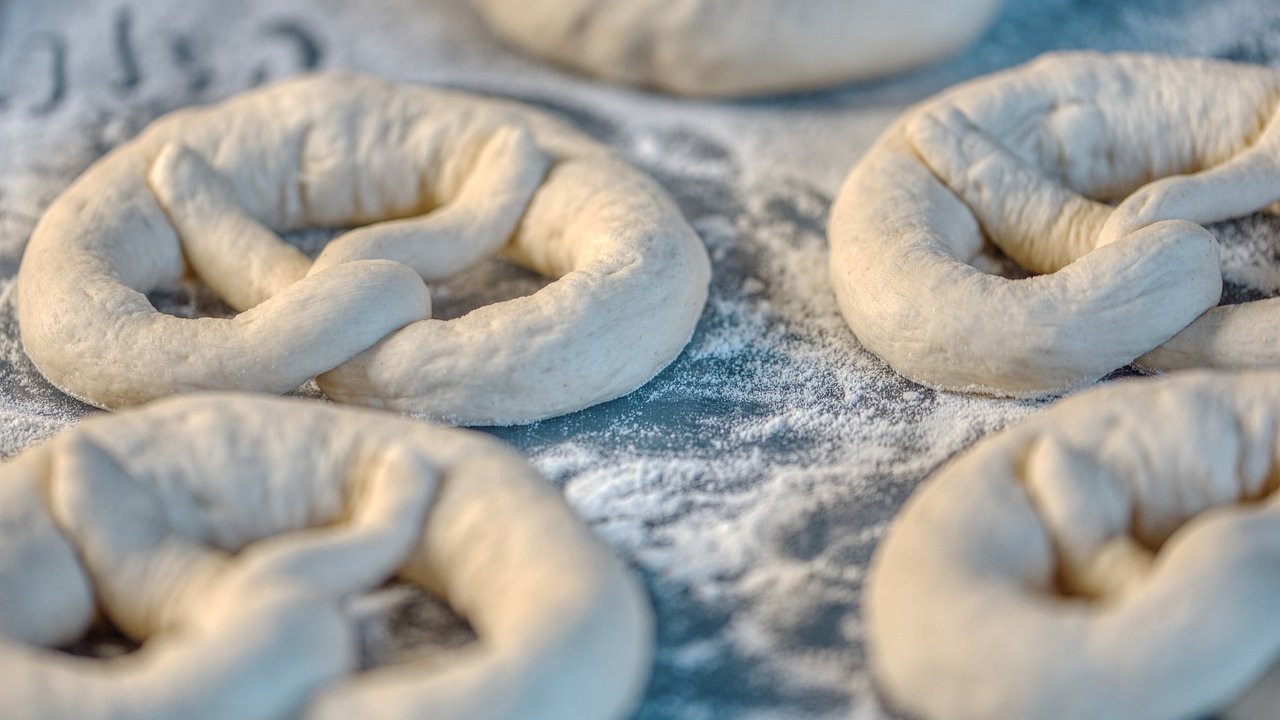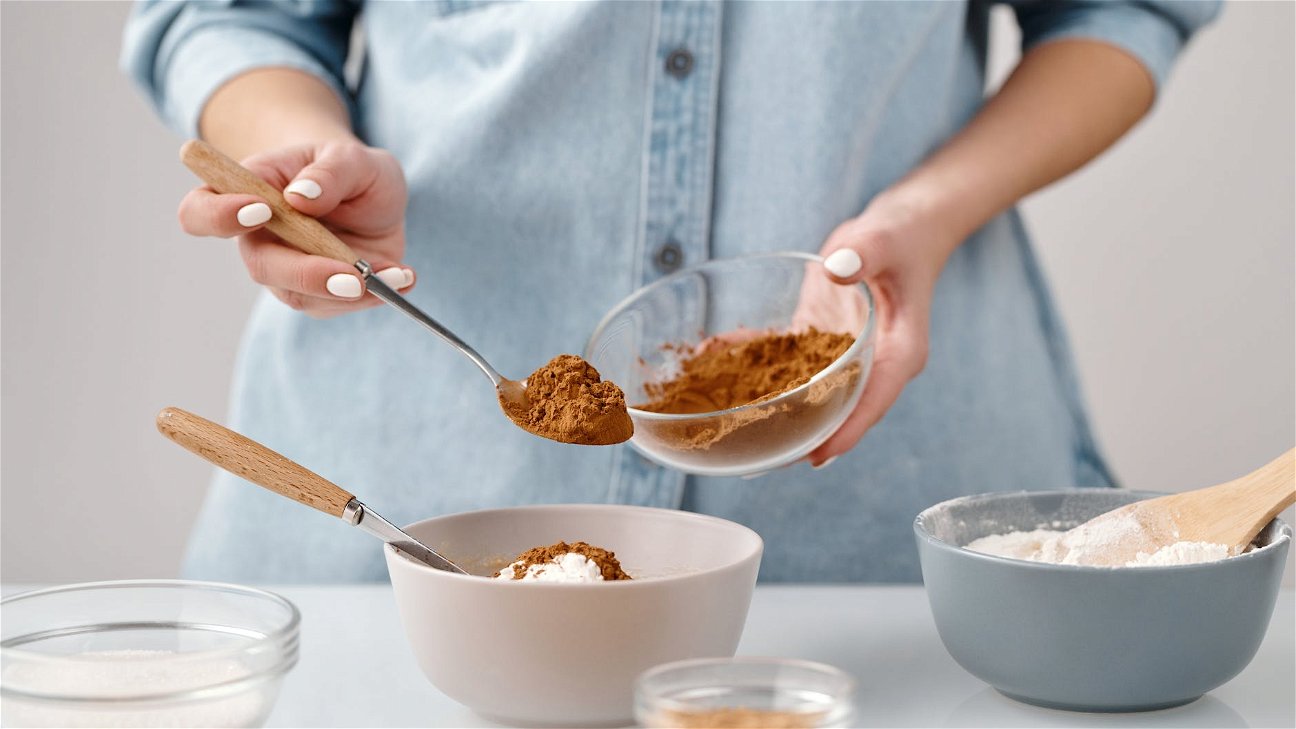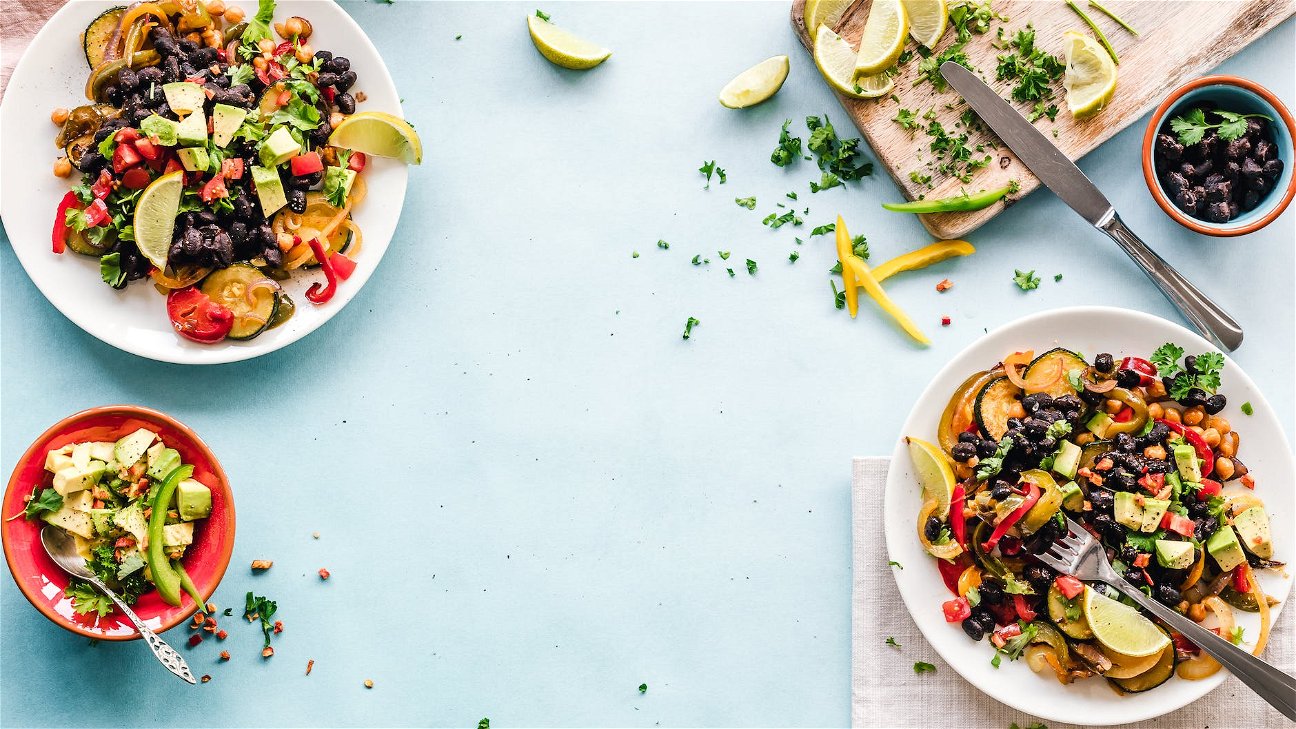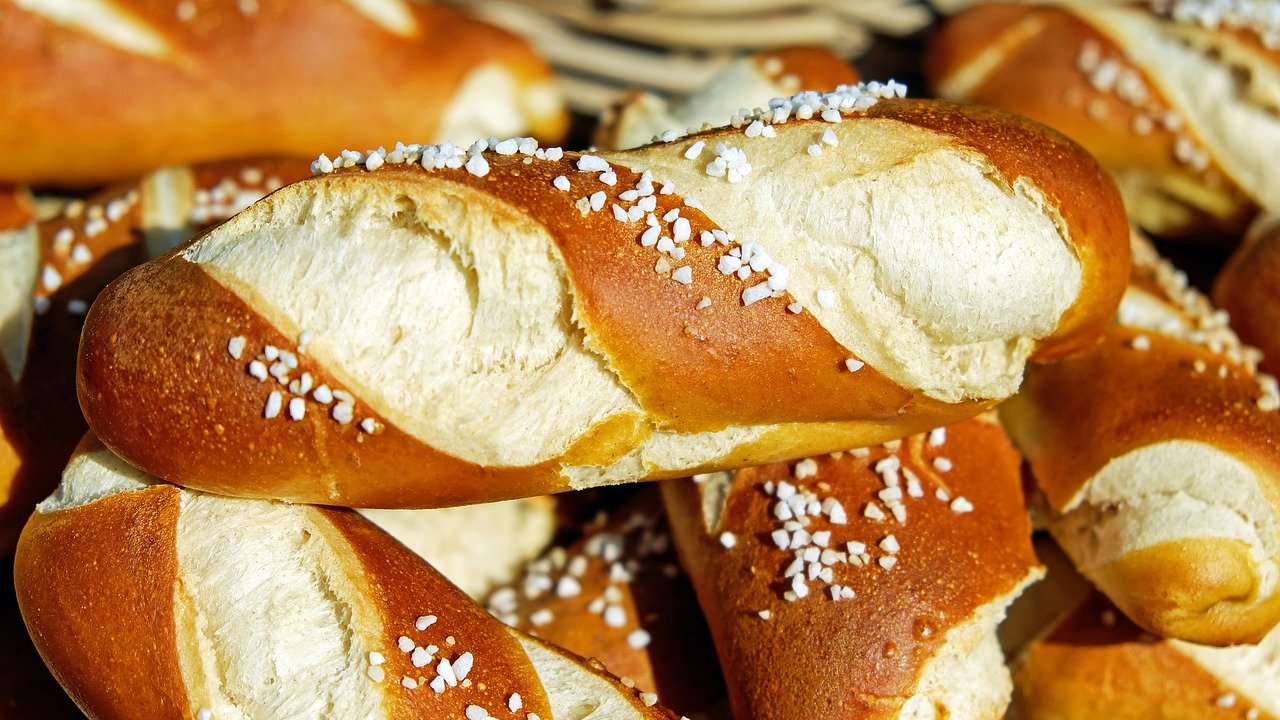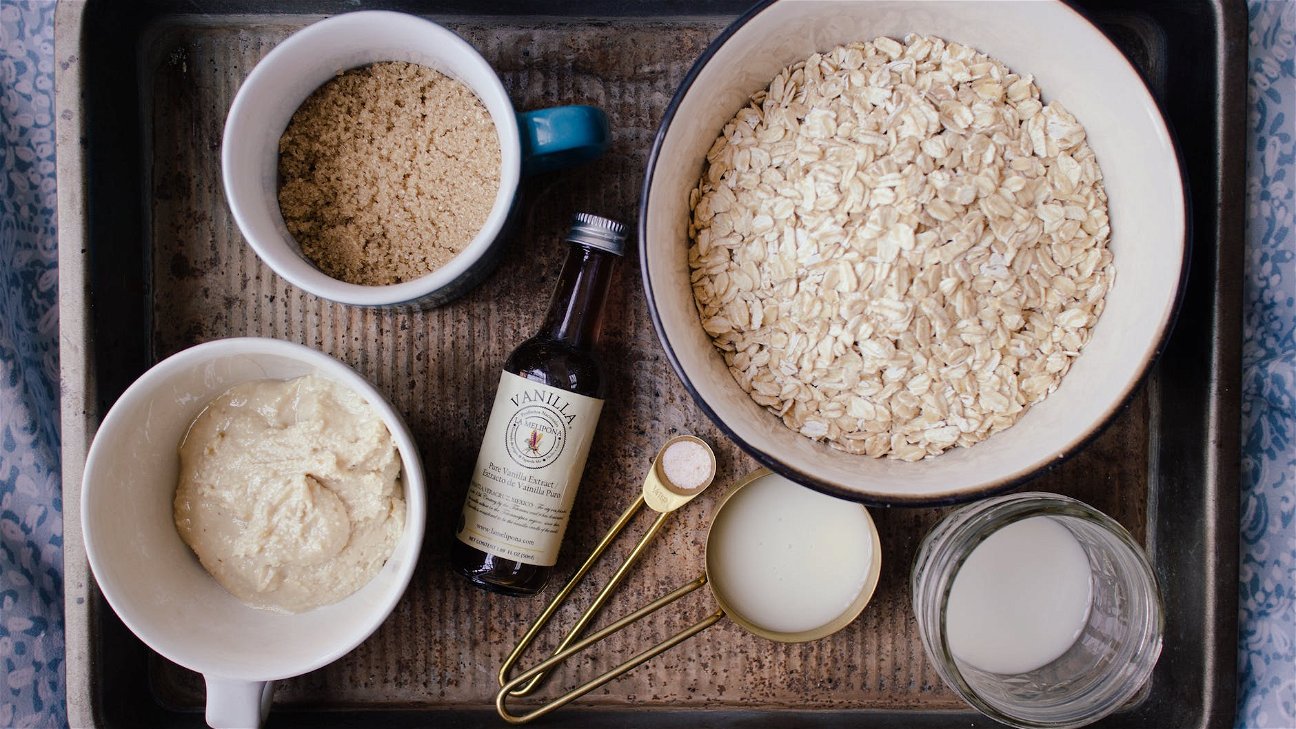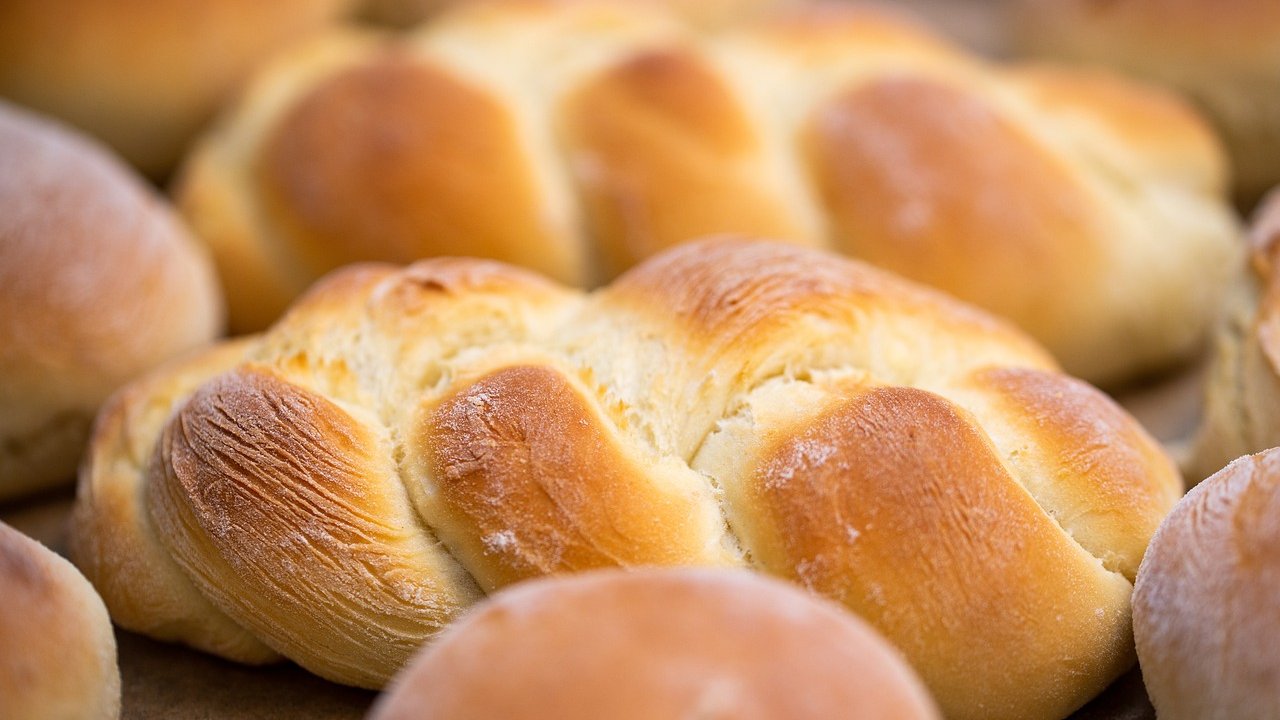
Baking, at its core, is a science. A delicious, mouth-watering science that uses various ingredients to create culinary masterpieces. Among these ingredients, baking powders and sodas play a pivotal role. They are the unsung heroes of the baking world, responsible for the rise of your favorite cakes, cookies, and other baked goods.
The science of baking powders
Baking powder is a leavening agent used in baking. It's a mixture of a carbonate or bicarbonate and a weak acid, and is often combined with cornstarch to absorb moisture and keep the acid and base from reacting prematurely. When baking powder is mixed with water, the acid and base react to release carbon dioxide gas, causing the mixture to expand and creating a light, fluffy texture. Double-acting baking powders react twice: once when mixed with liquids at room temperature, and again when heated in the oven.
Baking soda: how does it work?
Baking soda, also known as sodium bicarbonate, is another common leavening agent. Unlike baking powder, baking soda is pure base and doesn't contain any acids. Therefore, it needs to be combined with an acidic ingredient like buttermilk, yogurt, or lemon juice to produce the necessary carbon dioxide gas for leavening. If you've ever combined baking soda with vinegar for a school science project, you've seen this reaction in action.
Baking soda vs baking powder: Key differences
While baking soda and baking powder both perform the same basic function, there are key differences between them.
- Ingredients: Baking powder contains baking soda, an acid, and cornstarch, while baking soda is just pure sodium bicarbonate.
- Leavening: Baking soda requires an acid to activate, while baking powder only needs water.
- Taste: Baking soda has a slightly salty, alkaline taste, while baking powder is virtually tasteless.
- Usage: Baking soda is typically used in recipes with acidic ingredients, while baking powder is used in recipes without acidic ingredients.
Substituting one for the other
In a pinch, can baking soda replace baking powder, or vice versa? The answer is, it depends. If your recipe calls for baking powder and you only have baking soda, you'll also need to add an acid to activate the soda. Conversely, if your recipe calls for baking soda and you only have baking powder, you'll need to triple the amount of baking powder to get the same amount of leavening.
The role of both in baking
So why would a recipe call for both baking soda and powder? The answer lies in the balance of flavors. Baking soda helps to neutralize the acidity of certain ingredients, improving flavor, while the baking powder does the heavy lifting in terms of leavening. The result is a well-risen baked good with a balanced, delicious flavor.
